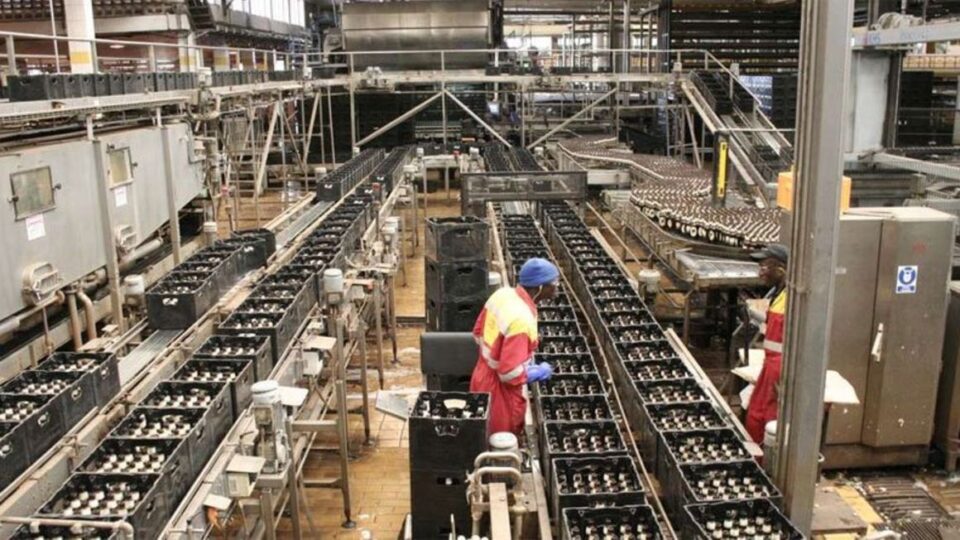East Africa Breweries Limited #ticker:EABL (EABL) plans to stop using Kenya Power electricity to drive its Kenyan factories, intensifying the shift by firms to generate their own power from solar.
KBL managing director John Musunga said the brewer is targeting delinking from Kenya Power ahead of 2030 under a Sh22 billion plan.
The brewer’s investments comes amid a warning from Kenya Power that some of its industrial customers — who account for about 68.31 percent of its sales revenues — are gradually shifting to own-generated solar power, dealing a further blow to its already dwindling finances.
The Diageo-owned EABL targets to generate at least 9.3 megawatts at its Ruaraka plant and 2.4-megawatt from solar power in Kisumu in the 100 percent shift to green energy.
“We are committed to sourcing 100 percent renewable electricity by 2030 in all of our facilities. Sh22 billion investment also includes the production of biofuel,” Mr Musunga said.
“This is already being partly implemented in our Kisumu plant, with 10 percent of our current electricity requirements being met by renewable energy from solar,” he added.
The multi-billion shilling investment also includes production of biofuels that will help the brewer reduce carbon emissions by 95 percent (about 42,000 tonnes of carbon a year) and create over 900 direct and indirect jobs throughout the supply chain.
Mr Musunga said the investment will be rolled out at the start of next year, representing the single largest climate action investment by Diageo across Sub-Saharan Africa.
KBL joins a list of companies, universities and factories that have turned to solar photovoltaic (PV) grid-tied systems to supply power for internal use to ensure reliable supply and reduced operational costs.
Big power consumers such as Africa Logistics Properties (ALP), Mombasa International Airport, the International Centre of Insect Physiology and Ecology (Icipe) have recently commissioned solar power units on their properties.
Big power consumers such as Africa Logistics Properties (ALP), Mombasa International Airport, the International Centre of Insect Physiology and Ecology (Icipe) have recently commissioned solar power units on their properties.
The big shift to solar power by heavy consumers has pushed Kenya Power into deeper dilemma in the wake of excess production of electricity.
Power generators have raised production amid reduced consumption by homes and businesses in the wake of Covid-19.
Payments for idle electricity is a pass-on cost to consumers thanks to a take-or-pay clause contained in contracts signed between the government and power producers, compelling Kenya Power to buy the agreed amount of electricity regardless of need.
There's no story that cannot be told. We cover the stories that others don't want to be told, we bring you all the news you need. If you have tips, exposes or any story you need to be told bluntly and all queries write to us [email protected] also find us on Telegram

